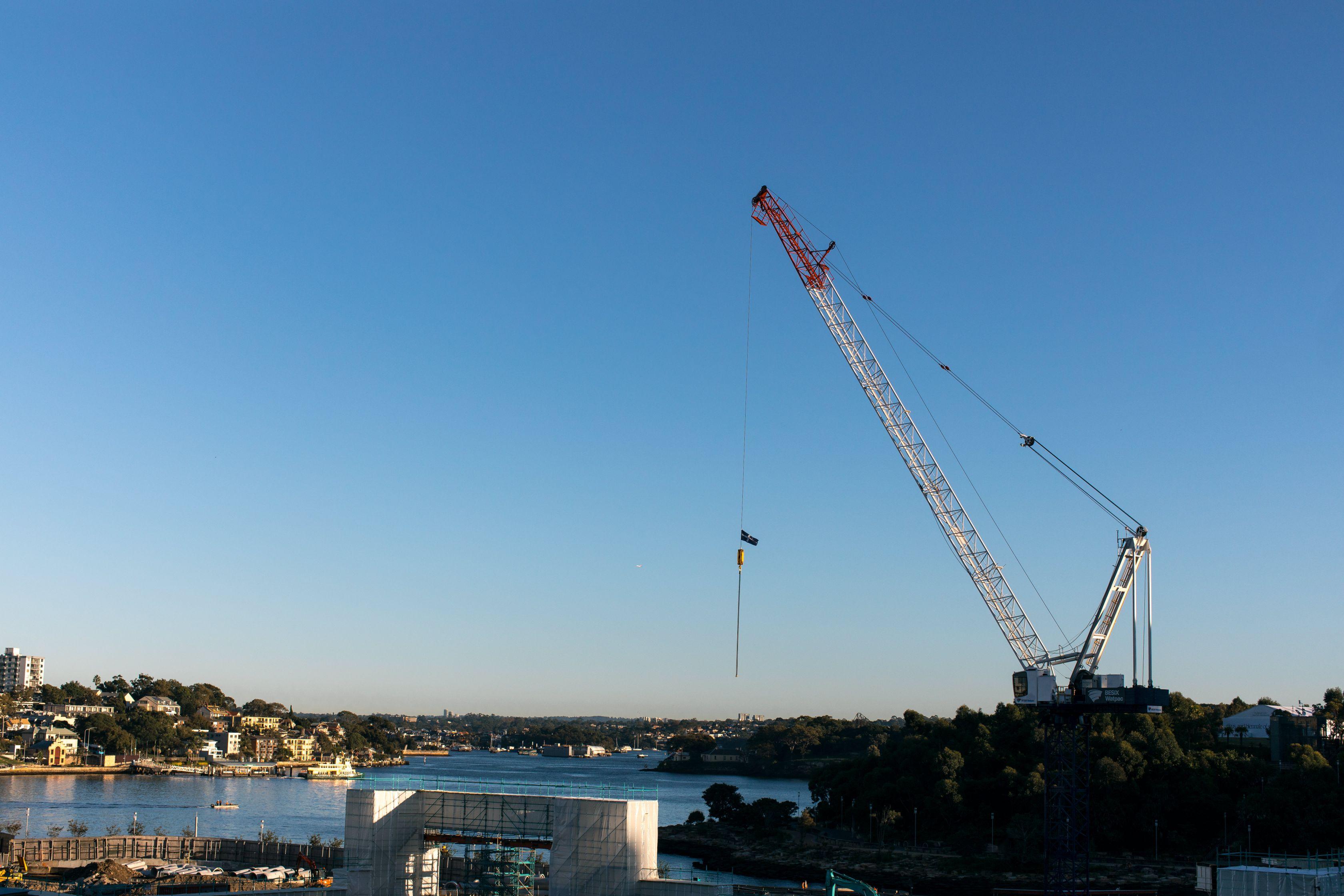WHS issues – accidents on site causing personal injury
- You’re a Contractor and under the contract you’ve been nominated as principal contractor for the purpose of the harmonised work health and safety laws.
- There’s a serious safety incident on site. Some construction plant has made contact with a worker and caused serious injury. What do you do?
- Firstly, ensure the site is safe, the area where the incident occurred stays undisturbed, and that the worker is being cared for (obviously). You should have work health and safety plans which will set out all the usual procedures which should be followed in the event of a safety incident.
- Then you will need to notify various parties, including but not limited to:
- the “principal contractor” nominated for the project;
- the injured worker’s next of kin / emergency contact;
- SafeWork;
- Employees – ensure there is sufficient “EAP” available (employee assistance programme support);
- management;
- the client (i.e. the head contractor for subcontractors or the principal for head contractors);
- subcontractors and other trades;
- any relevant unions;
- your lawyers (engaged through in-house legal); and
- insurers.
- Ultimately, the Contractor will need to obtain a legal advice as to if it is likely to have a legal liability to either the worker or by way of penalty imposed by a SafeWork prosecution.
- As a result, the Contractor will need to inform its lawyers as to what has occurred. Commonly, the Contractor will obtain an independent Incident Cause Analysis Method (ICAM) report, prepared by a third party safety expert, of what occurred on site, identifying the causal factors which gave rise to the safety incident.
- Usually the Contractor will brief lawyers, who will in turn brief the external safety expert (under legal professional privilege), to undertake and prepare an ICAM report as to what has occurred. Depending on the legal advice received, the Contractor may then like to take steps to provision some money for a claim.
- This ‘privileged’ engagement of an independent safety expert will run in parallel to any investigation undertaken by SafeWork, and again in parallel to any internal investigations and any contractual investigations.
- The SafeWork NSW process can be complex and lengthy. The process is set out in the SafeWork guideline here: SafeWork NSW incident response and investigations - what to expect: Customer Service Standard
- With SafeWork, you should expect that they will undertake an initial incident response (after you notify), where inspectors will come to site and inspect the incident area. Usually, affected construction areas will be cordoned off, with evidence preserved until all appropriate evidence can be collated and obtained (e.g. site photographs, witness statements if need be). Subsequently, SafeWork may request various documents and answers to queries – you must comply with these requests for information. However, you do not need to provide more information than what has been requested. Once SafeWork has obtained that preliminary information, it will decide if it wishes to proceed to a formal “investigation”. If so, the SafeWork investigator will prepare a formal brief of evidence for SafeWork’s legal review. Following the legal review, SafeWork will decide if any prosecution/enforcement proceedings should be commenced and if so, then the matter will proceed to a court process.
- Separately, a Subcontractor will be required to undertake a safety investigation as part of its reporting obligations to its client. It is at this stage where the waters can become muddied, where a subcontractor seeking to preserve its position (i.e. not make any concessions that could be used against it), will either generalise the events or seek to apportion blame to another party.
- The other practical issue which should be done forthwith is notify all insurers who may be at risk.
- Ultimately, how you as the Contractor will proceed depends on who is determined to be at fault for the occurrence of the safety incident. It is crucial that you engage independent legal to protect the interests of your company. Hamilton Mott has extensive experience in this area and can provide you with practical legal advice throughout this process.

